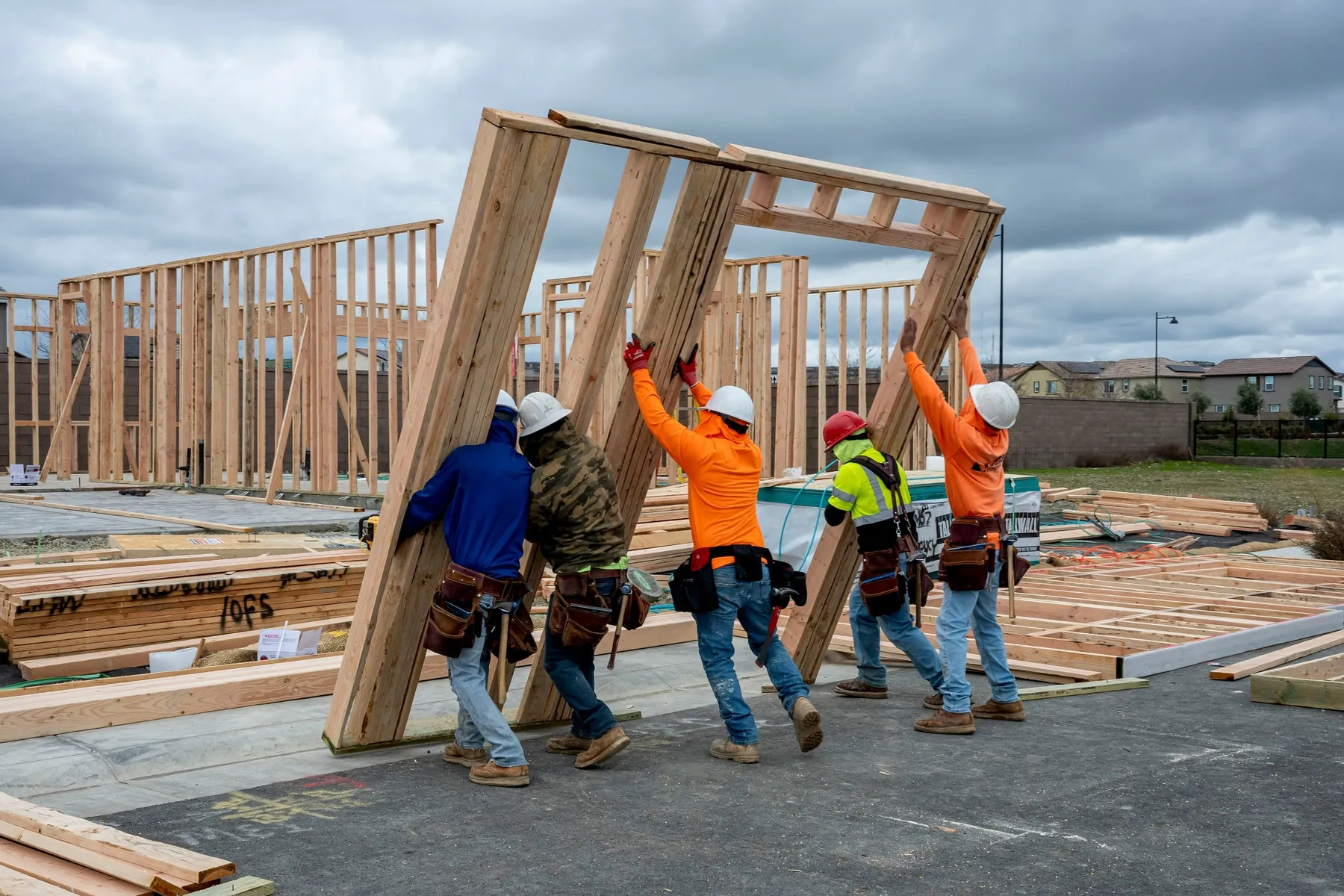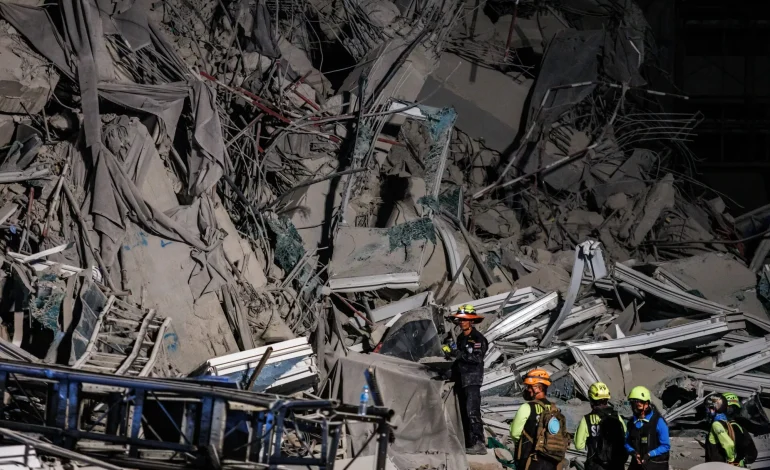Investigations into the catastrophic collapse of an under-construction tower in Bangkok following last week’s earthquake are pointing towards the use of substandard steel bars, potentially manufactured by a factory that had been previously shut down by authorities, as per Bloomberg.
The 30-story building, slated to become the new headquarters for Thailand’s State Audit Office, crumbled in the wake of the 7.7-magnitude earthquake that struck Myanmar on Friday. The dramatic collapse, the only one of its kind in the Thai capital despite the city feeling the temblor, resulted in the deaths of at least a dozen construction workers and trapped nearly 80 others.
According to the Ministry of Industry, tests conducted by the Iron and Steel Institute of Thailand on steel bars retrieved from the crash site revealed they failed to meet required standards. The bars, tested for their mass, chemical composition, and ability to withstand stress, were reportedly manufactured by a company whose factory had been closed since December.
While authorities have not officially named the company, images circulated by the ministry and local media show the steel bars bearing the “Sky” brand, produced by Xin Ke Yuan Steel Co., which operates a factory in Rayong province. That factory was shuttered by Thai authorities last December on safety grounds following a gas tank leakage incident, and over 2,400 tons of steel were seized.
“Samples of two different sizes of steel bars collected from the crash site failed tests,” Thitipas Choddaechachainun, head of a working group at the Ministry of Industry, stated. “The metal was made by the same company, whose factory was shut since December.”
The discovery of substandard steel is at the center of a government-ordered probe into the causes of the building’s collapse. The incident has sparked widespread concern, particularly considering the resilience of other buildings in Bangkok during the earthquake, in stark contrast to the devastation closer to the epicenter in Myanmar, where the death toll has surpassed 2,000.
Xin Ke Yuan Steel is now the second Chinese company facing increased scrutiny from Thai authorities in connection to the collapse. The skyscraper was being constructed by ITD-CREC, a joint venture between Italian-Thai Development Pcl and China Railway Number 10 Thailand Co.
Industry Minister Akanat Promphan announced that authorities will collect further steel samples and continue to cooperate with the ongoing investigation.
Justice Minister Tawee Sodsong revealed that China Railway Number 10 is also under investigation by the Department of Special Investigation for potential violations of Thai law, specifically the possible use of Thai nominees as proxy shareholders.
Efforts to reach China Railway Number 10 for comment were unsuccessful. A phone operator at the Xin Ke Yuan Steel plant confirmed that factory operations remain suspended. Executives at the firm could not be reached for comment. Public records indicate that Xin Ke Yuan Steel was registered in Thailand in 2011, with an 80% stake held by nine Chinese nationals. A representative for Italian-Thai was also unavailable for immediate comment.
The dramatic collapse, captured in viral images, has ignited a national debate about construction standards, design flaws, and the quality of materials used in Thai infrastructure projects.
Thitipas Choddaechachainun told reporters late Monday that the government will take decisive action against the steel factory under Thailand’s Industrial Products Standards Act, emphasizing the government’s commitment to cracking down on the use of low-quality steel in construction. The investigation is ongoing and aims to determine the full extent of responsibility for the tragic incident.










The latest news in your social feeds
Subscribe to our social media platforms to stay tuned